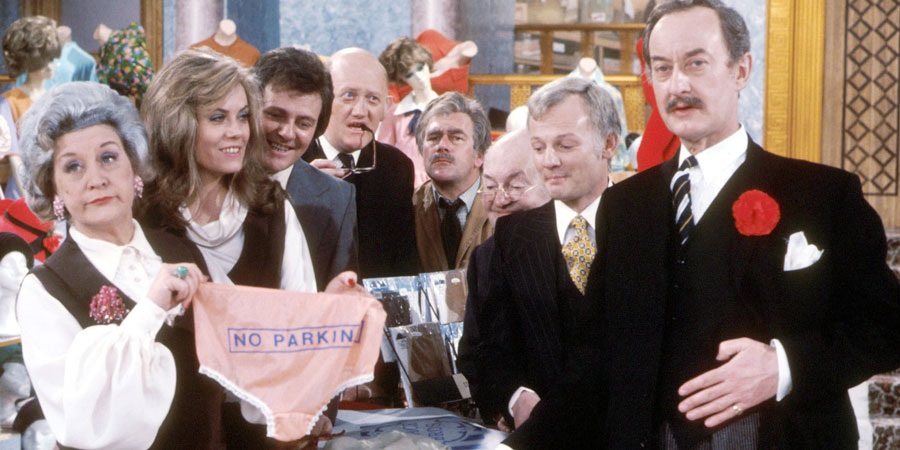Over on another forum, there is a raging debate on the vulgar term 'pussy' and it's earliest use within UK comedy: I honestly can't recall hearing this very American term at all in my childhood of the late 1960s/early 70s, either in the school playground (which is where most rude words are first heard) or on TV comedy of the day.
It definitely never appears in The Goodies, other than an innocent reference to Twinkle the kitten (Kong). I can't recall it being used in the Python shows - over repeated viewings - or in Benny Hill or Carry On, which were obviously bawdy, but very British in their terminology... I doubt if the word 'pussy' in its vulgar sense appears in such parochially British works as On The Buses or Steptoe & Son, and even in Cook and Moore's 'Derek and Clive' tapes of the 70s, precedence is given to the much cruder c-word regarding this term.
It goes without saying that this term was never used jokingly in a vulgar way in the likes of Bless This House and other middle-class sitcoms like the Doctor... series, or Father, Dear Father.
Pussy Galore was obviously used in Goldfinger of 1964, but this seems to be a very American in-joke, added in by Broccolli, and this film was clearly designed to appeal to a US audience: very different from more typical Carry On fare at the local Odeon.
Imported US shows of the era like Hogan's Heroes, The Monkees, The Munsters, Love American Style and The Odd Couple were pretty restrained, and I doubt if the 'pussy' term was acceptable within mainstream Yank comedy of the period: I certainly don't recall hearing it within the context of these shows: more openly vulgar comedy came along a lot later, probably in big-screen US comedy films first.
However, there is no doubt that Mrs Slocombe's 'Pussy' was a long-running gag within AYBS?. My memories of this show is that it started off pretty tamely, and become increasingly vulgar as the 70s progressed - it had a long run 1972-85, discounting any sequels. Can any AYBS? fan pinpoint when Molly Sugden's 'pussy' references were first used: was it evident from the very first show, or was it shoehorned in later?

